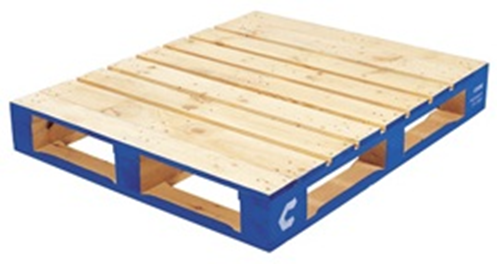7 reasons why racking inspections are absolutely essential
- Keith D Goodfellow (SARI)

- Jul 1, 2020
- 2 min read
Updated: Apr 7
Are pallet racking inspections a requirement is a frequent theme for warehouse safety so here we look at the reasons why you must conduct regular racking inspections.
1. To protect your staff and keep them safe. No one sets off to work planning to have an accident but even in the best run environments accidents happen and racks can be damaged making them potentially unsafe. Don’t forget that damaged racking is dangerous racking. By being proactive and identifying damage and defects you ensure issues are identified before they can cause damage or injury thus protecting your staff.
2. There are statutory requirements set out in PUWER 1998, and The Health & Safety at Work Act 1975. They identify the need for regular inspections, the need to keep the workplace safe, and to ensure that plant and machinery is safe to use, and since pallet racking is work equipment it is therefore covered by this requirement. Failure to comply can lead to enforcement action or even prosecution. HSG76 and the SEMA guidelines also specifically identify the need, type and frequency of inspection and follow up actions.
3. The financial hit on a company if part or all of the warehouse stops working could be immense. Lost customers and compensation for breached fulfilment contracts are top of this list.
4. To avoid disruption of service. The cost and disruption to your business if there is a failure of service in the warehouse due to a rack collapse is easy to underestimate. With short lead times and JIT manufacturing your production will be affected or customers left with empty shelves and they will quickly go elsewhere.
5. To ensure you don’t invalidate your insurance or face a hike in premiums after an accident. Whilst some policies may not specifically identify the need for inspection they will undoubtedly place a requirement on the insured to ensure compliance with relevant local legislation, ensure the safety of staff, or maintain equipment in good working order so you really should check the small print on you insurance schedule! And if you do make a claim your premium is likely to rise the following year or you may even have insurance declined following an accident.
6. Service contract compliance. Many large customers will now insist that you undertake regular inspection as part of their compliance requirement because then need to ensure continuity of supply. No inspection – no contract!
7. Adverse publicity. A rack collapse, especially where there is injury to or loss of life will make local and possible national news. This is not the light you want your business to be shown in and so not good PR for your business and will not inspire confidence in customers!
Click here for a Racking Inspection quote.




Comments